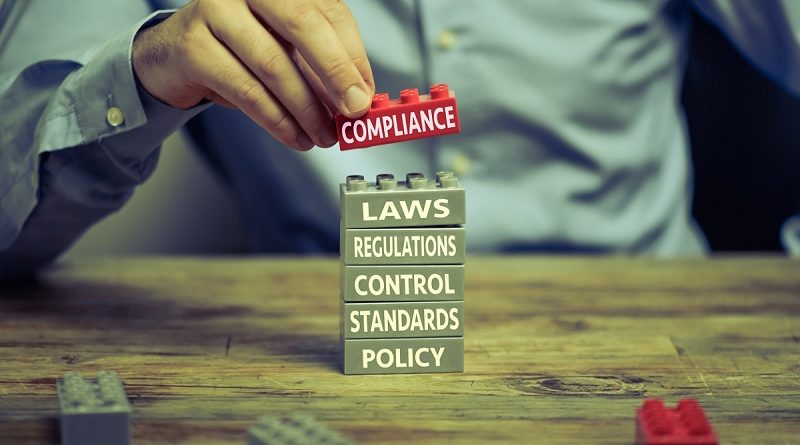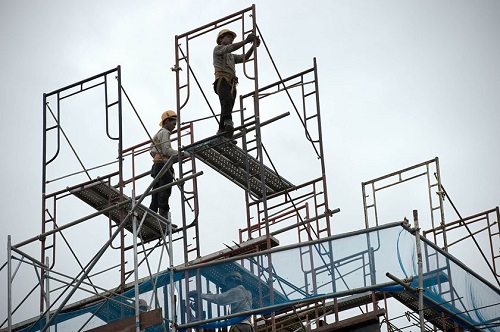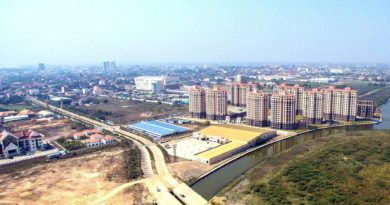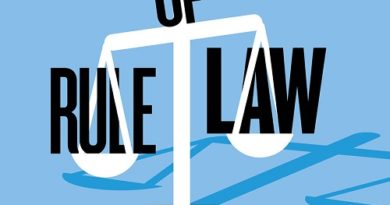Laos Must Speed Up Reform To Maximise Benefits Of Railway: World Bank
Source: Vientiane Times
World Bank economists have expressed support for the Lao government in speeding up economic reform and improving the business climate, as this will enable the country to maximise benefit from the Laos-China railway.
Economists at the international financial institution unveiled their views during the online launch of the latest economic update for East Asia and the Pacific on March 26.
According to the Lao economic update which the World Bank provided to the media, the bank economists view the Laos-China railway, which is scheduled to become operational at the end of this year as a positive development in Laos.
However, in order to maximise benefits from the rail project, Laos must quickly create a business friendly environment, otherwise it will fail to attract investments, which will normally be attracted by such a big project.
“Laos needs to accelerate reforms to the business environment, promote links to regional value chains, and invest in human capital. Only then can the country maximise returns from the Laos-China railway,” says the report. The Laos-China rail will transform Laos from being a landlocked nation into a land bridge country. The regional transport connectivity will create opportunity for Laos to position itself as a new centre of the logistic hub in the Mekong region.
According to the report, Laos also expects to benefit from preferential trade agreements, especially with China, and the newly signed Regional Comprehensive Economic Partnership, as long as the country carries out economic reforms successfully.
The new government cabinet under the leadership of Prime Minister Phankham Viphavanh made a strong commitment during the inaugural session of the National Assembly’s 9th legislature on March 22 that the government would strengthen economic reform in line with the Party’s opening-up policy.
This policy, which was initiated in 1986, sought to abolish the centrally-planned economic market mechanism and allow the public and private sectors as well as the market to play a greater role in boosting economic growth and reducing poverty. In this context, business serves as the driving force of economic growth.
“The government will continue to enhance efforts to administer the macroeconomy with all available measures, including public budget and finance reform. This will ensure the quality and sustainability of economic growth,” Mr Phankham said after accepting the position as head of the government to run the country for the next five years.
Over the past five years, the government has actively sought to create a business-friendly environment to attract local and foreign investment as part of efforts to ensure economic growth is sustainable.
In the past, growth was based on the exploitation of natural resources, which are now becoming depleted. The government now needs to diversify the economic base and create a knowledge-based economy as well as reduce its reliance on natural resources.
According to the report, despite the economic difficulties suffered because of the Covid-19 pandemic, the country’s economic outlook remains positive in medium term.
“Growth is expected to gradually rebound in the medium term but will remain far below pre-pandemic levels. Gradual recovery is expected to be supported by infrastructure investment, improved services sector performance, and increased private consumption,” the economic update says.
Although the economic outlook is bright in the future, Laos faces huge challenges and needs to address these properly so that the government is on the right track to create a prosperous nation. The risks faced by Laos include heightened difficulties in meeting external public debt service obligations, and financial sector vulnerabilities. Natural disasters, slow recovery in key trading partners, a prolonged Covid-19 outbreak and delayed vaccine rollout also pose challenges for Laos to overcome.
The Ministry of Finance has acknowledged that the country is facing the financial difficulties.
In order to overcome this difficulty, the new Finance Minister, Mr Bounchom Oubonpaseut told the National Conference last week that the government would reduce spending on public administration as well as attempt to balance the budget gradually over upcoming years as measures to prevent the country falling into a financial crisis.






